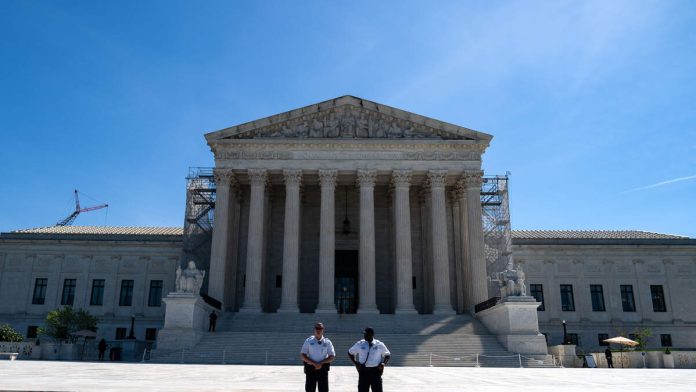The Supreme Court ruled in favor of Joseph Fischer, a participant in the January 6, 2021, Capitol riot, overturning his conviction for a federal “obstruction” crime. The 6-3 decision, led by Chief Justice John Roberts, held a narrower interpretation of a federal statute that imposes criminal liability on anyone who corruptly “alters, destroys, mutilates, or conceals a record, document, or other object, or attempts to do so, with the intent to impair the object’s integrity or availability for use in an official proceeding.”
Fischer, a former Pennsylvania police officer, was one of over 300 people charged with “obstruction of an official proceeding” in the Capitol riot. His lawyers argued that the federal statute should not apply, as it had only ever been applied to evidence-tampering cases. The Supreme Court’s ruling reverses a lower court decision and sends the case back to the D.C. Circuit Court of Appeals for reassessment.
The ruling has already had consequences. Some judges previously allowed a small number of convicted defendants to be released from prison early. Now, a larger number will have to be resentenced, retried, or just released. However, according to a study by NYU law professor Ryan Goodman, the effects of the decision will be “minimal.” Of the 1,417 people charged so far in connection with the January 6 riot, only 346 were charged under the obstruction statute.

Recent Comments